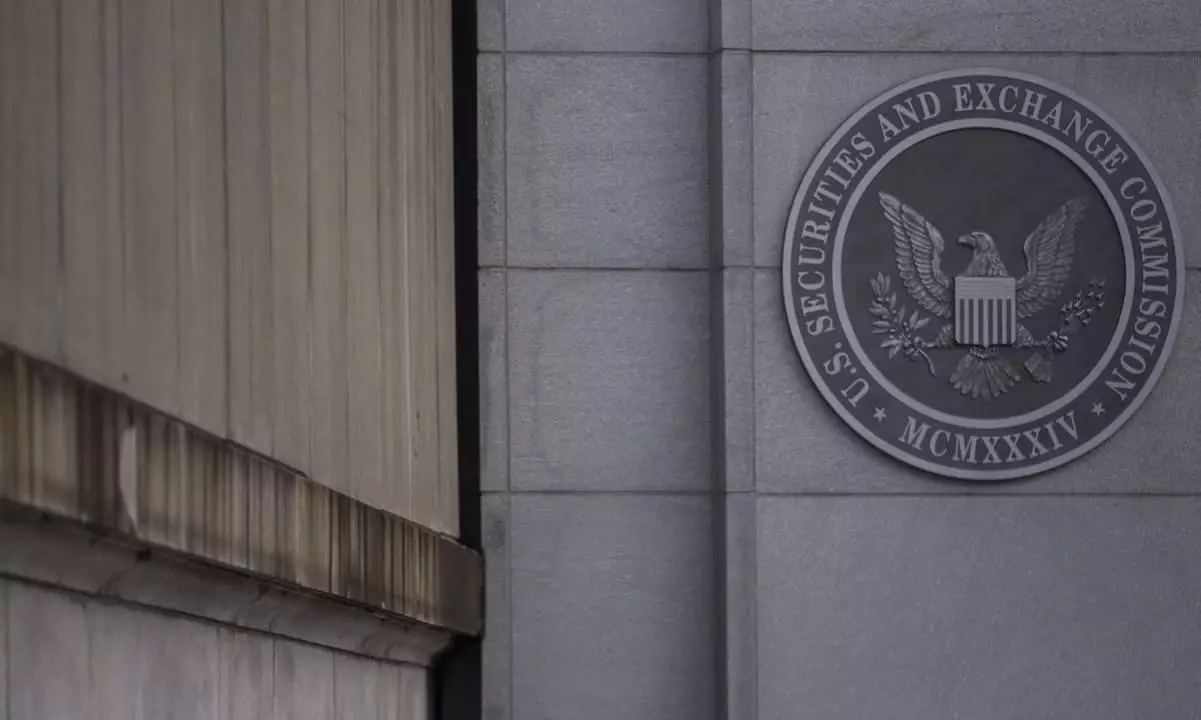In a significant move anticipated to reshape the landscape of cryptocurrency trading in the U.S., eToro, a popular financial services firm known for its user-friendly platform, will soon halt trading of nearly all cryptocurrencies. This revelation comes on the heels of a stern directive from the U.S. Securities and Exchange Commission (SEC), which has identified eToro as a violator of federal securities laws. With looming penalties and a commitment to compliance, eToro’s decision could signify challenges that cryptocurrency trading platforms face in navigating an increasingly complex regulatory environment.
The SEC’s action has roots reaching back to 2020 when eToro reportedly operated as an unregistered broker and clearing agency. This designation implies that the platform facilitated the trading of crypto assets classified as securities without the requisite licenses. As a consequence of this perceived negligence, eToro is faced with a hefty fine of $1.5 million and strict limitations on its service offerings. Moving forward, the platform will only support three cryptocurrencies: Bitcoin (BTC), Bitcoin Cash (BCH), and Ether (ETH). This transition raises questions about customer satisfaction and market competitiveness.
The SEC has mandated that eToro’s users have a mere 180 days to liquidate their holdings in the other cryptocurrencies being phased out. If users do not act within that timeframe, eToro will take the initiative to liquidate these assets on their behalf and return the net proceeds. This directive places additional pressure on investors who now face a decision-making deadline that could significantly impact their portfolios. For many eToro users who may have invested in diverse altcoins, this shift could lead to significant losses, wastage of potential gains, and a wave of dissatisfaction directed at the platform.
While eToro neither admitted nor denied the SEC’s allegations, it did agree to the settlement, indicating a desire to realign its operations within the regulatory framework set forth by the federal agency. Gurbir Grewal, the Director of the SEC’s Division of Enforcement, pointed out that this resolution enhances investor protection and potentially serves as a roadmap for other crypto intermediaries grappling with similar issues. However, it begs the question of whether eToro has strategically chosen compliance to secure its market position amid rising regulatory pressures or whether it signals a retreat from broader cryptocurrency engagement.
eToro’s situation is emblematic of the broader challenges faced by cryptocurrency exchanges currently navigating a tightening regulatory landscape. The firm has already taken measures, such as delisting multiple assets that fall under the SEC’s scrutiny, in an attempt to maintain compliance. Yet, as regulatory bodies across the globe—such as the Australian Securities and Investments Commission, which recently sued eToro—continue to investigate and impose restrictions, the future remains uncertain. The impact of increased scrutiny could stifle innovation in the crypto space, pushing platforms into narrowly defined categories devoid of the diverse offerings that attract users.
EToro’s recent moves highlight the precarious balance between regulatory adherence and market presence. As a well-established platform takes significant steps back from the expansive world of cryptocurrencies, investors and other stakeholders must grapple with the evolving definitions of compliance, risk, and opportunity in the larger crypto ecosystem.














